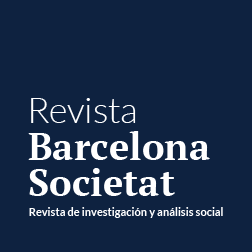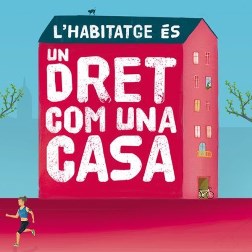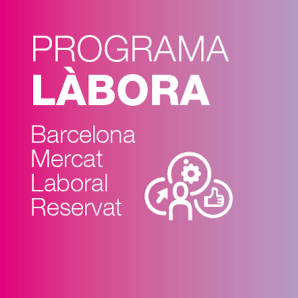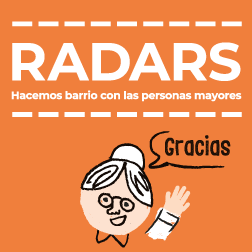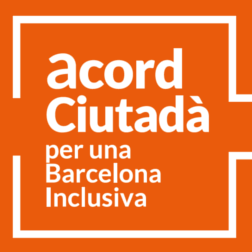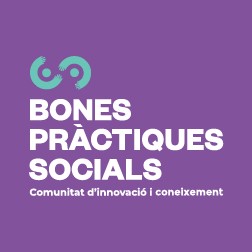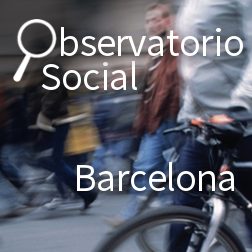As this monographic issue entitled “The longevity revolution” affirms, the ageing process in our society is one of the main challenges we face, the importance of which will only become greater in the future. The labour markets and public policies, the housing sector, mobility, health, social participation, the use of technologies, and so on, are just some of the areas that must be adapted to this new reality. In effect, ageing generated by demographic change is a far reaching structural phenomenon driven by different and complex causes, the consequences of which have, and will continue to have, unprecedented repercussions on the social, economic, political and cultural realities of countries and, especially, cities. There is no doubt that Barcelona is ageing. According to the forecasts, before the end of the 2030s there will be nearly 375,000 people over the age of 65 registered in the city, almost 25% of the total population.
Due to the consequences this will have for the city, this monographic issue of Barcelona Societat offers a broad, diverse approach to this longevity revolution, presenting and discussing some of the most important issues and problems inherent to it. To this effect, the article in the tribune section, for example, addresses the issue of social participation in the ageing life stage, critically discussing the “active ageing” concept proposed by the World Health Organisation (WHO), and countering it with the new “friendliness” perspective, an approach that is more suited to the new reality of the urban era. The second article opens the section on in-depth studies, addressing the matter of theStrategy for Demographic Change and Ageing approved by Barcelona City Council in 2018, carrying out a full assessment of it in line with the main lines of action it proposes: the area of housing, care, social support, participation, and intergenerational relations. The third article delves deeper into the one of the lines of action which, at the same time, is a vital issue: the care of elderly people in situations of dependency in Barcelona. The document uses the Survey of People in a Situation of Functional Dependency conducted in the city in 2018 to identify the different groups of dependent elderly people and to analyse their different situations and needs. The fourth article focuses on a sometimes invisible but hard-hitting matter: the abuse of elderly people. The article asks what are the main family contexts, dynamics and patterns that produce this phenomenon and proposes some actions aimed at eradicating it. The fifth article analyses another problem associated with ageing: the digital gap due to age and, in particular, gender. Elderly women are the social group with most impediments in terms of opportunities to familiarise themselves with information and communication technologies, which is one of the outcomes of the structural inequalities they have historically been subjected to. The document is based on in-depth interviews and discusses how the appropriation of technologies among this group will lead to a transformation and improvement in their lives. The next phenomenon linked to ageing is the unwanted loneliness experiences by many elderly people. This sixth article uses the study conducted by the Loneliness Observatory, which explores the loneliness experiences of people in different life stages: adolescence, young adulthood, adulthood and old-age. Its aim is to understand what strategies these groups use to counter their unwanted loneliness and what actions can be taken to improve this situation in the city.
Furthermore, in the experiences section of this edition of the journal, six proposals for specific actions or programmes which are currently being implemented in the city of Barcelona are discussed, the design and application of which are illustrative of the degree of innovation they represent for municipal public policies and civil society organisations. In this regard, the seventh article focuses on the “Baixem al carrer” programme, which seeks to reduce loneliness and isolation and improve the quality of life and health of elderly people who have difficulties getting out of their homes due to architectural barriers, giving them the opportunity to socialise independently. The programme started in the Poble Sec neighbourhood and is currently being developed in 38 neighbourhoods in the city, giving elderly people the chance to get out of their homes and widen their social circle and connect with their community. In the same vein, the eighth article talks about the VinclesBCN programme, started in 2014 as a pilot scheme designed to combat the situations of loneliness that many old people in the city may be experiencing, through reinforcing their social and community network and relations. This programme has now become a consolidated service with almost 2,000 users. Related to the Vincles programme, the ninth article explains and analyses the Radars programme. This project was implemented for the first time in 2008 in the district of Gràcia and its area of action has been widening ever since. In a scenario characterised by the emergence of new housing models, changes in family structures, increasing numbers of divorces and separations, and changes in the age of migratory movements, Radars is a community initiative promoted by the Area of Social Rights which aims to integrate the community as a way of detecting and preventing situations of risk and mitigating the loneliness that elderly people may feel. With a similar objective, the tenth article addresses the issue of the so-called “social super-blocks” or “care super-blocks”, which emerged from the need to improve the home care model. This programme is designed to convert the homes of dependent people into recipients of residential services, with the associative and local resident fabric of the neighbourhood itself supplying part of the services. The eleventh article focuses on a relatively little explored initiative in our city which emerges from civil society. The group of elderly people Can 70 defend and propose senior cohabiting as a housing model for old age, where the ownership model and use of the plot and residence, as well as the rules of cohabitation and distribution of spaces and services, are decided cooperatively. The twelfth article explores the successful experience of the Old Quarter Health and Active Ageing School. Created in 2010 to combat situations of isolation and loneliness experienced by elderly people, the school was jointly launched by the municipal social services, the Old Quarter Elderly People’s Board and the set of stakeholders involved in the Old Quarter.
As we would also like to emphasise here, ageing is an unbeatable plus for our society. The life experience and knowledge that elderly people can contribute are undoubtedly an incalculably valuable asset. However, ageing can also bring about specific situations of exclusion and inequality that must be addressed. This issue of the Barcelona Society journal brings you some reflections, analyses and diagnoses of what we do, how we do it, and what we should do in the cities and the metropolitan area. We hope to contribute to a debate that is emerging as one of the most critical current and future issues for our societies.
Bru Laín y Albert Sales


